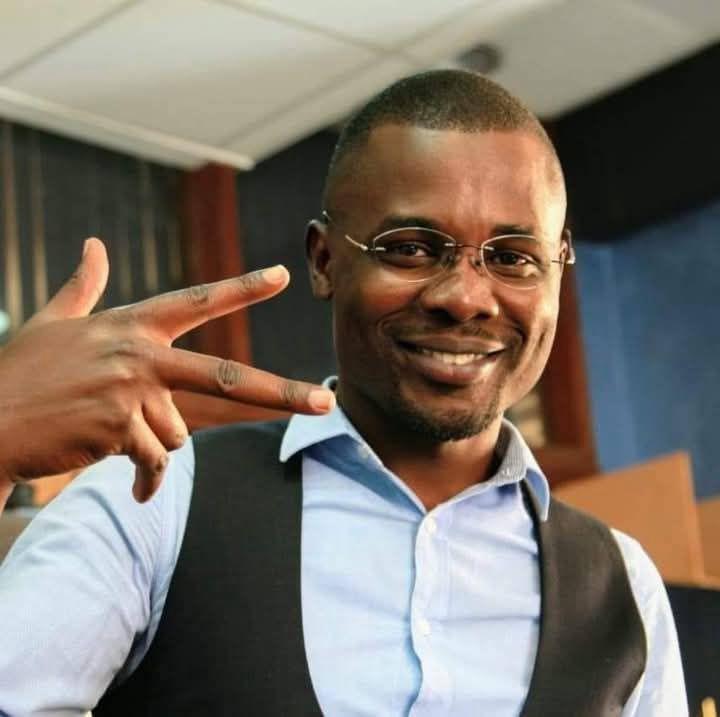An autopsy conducted on the body of journalist Silas Apollo at the City Mortuary has revealed he succumbed to injuries caused by blunt force trauma to the head and broken ribs.
Apollo died in a road accident along Kiambu Road, Nairobi.
The autopsy also confirmed significant internal bleeding as the cause of death.
The exercise was conducted at the City Mortuary in the presence of his family and colleagues.
Apollo, who was working with the Nairobi Law Monthly at the time of his death, was struck by a speeding motorcycle on the night of Wednesday, April 9.
A car ran over his body later on causing the broken ribs.
Police now believe he was hit while crossing Kiambu Road.
Apollo was was immediately rushed to St. Teresa’s Hospital, but was later moved to Kiambu Level 6 Hospital for specialised care, where he died.
The body was later booked as unidentified. Police held to his mobile phone waiting for a caller to the same to ask him or her who the owner is.
The family learned of his death on Saturday when a relative called his phone to check on him.
This exposes the service to ridicule in this era of technology.
However, other reports emerged of a separate incident on Valley Road that night, adding confusion to the case.
Friends and colleagues have described him as a dedicated journalist with a keen focus on political, current affairs, and business reporting.
Apollo had nearly a decade of experience in both print and broadcast journalism, with stints at Nation Media Group and The Eastleigh Voice, where he focused on political reporting.
He was a graduate of Masinde Muliro University with a degree in Journalism and Mass Communication.
Apollo’s sudden death has shocked Kenya’s media fraternity.
“His passion for storytelling and his calm, thoughtful presence in the newsroom will be remembered by all those who worked with him,” the Kenya Editors’ Guild (KEG) said in a statement.
In February 2019, Apollo made headlines during the DusitD2 terror attack after being rescued from the building following 12 hours of hiding in a toilet.
He and his cameraman, Dickson Onyango, had gone to interview a Commission on Revenue Allocation official when gunmen stormed the premises.
He later narrated the ordeal, recalling the harrowing moments they clung to life in silence.
His death comes just weeks after two other journalists were reported dead in separate incidents.
CGTN journalist Nick Mudimba collapsed and died at his home in Syokimau on March 23, while on March 21, KBC journalist Fredrick Parsayo was found dead in his house in Kinoo.
On March 21, an up-and-coming journalist at the national broadcaster KBC, Fredrick Parsayo, was found dead at his house in Kinoo.
Over 20 Kenyan journalists have also died in road accidents over the last five years, among them veteran Swahili journalist Ken Walibora.
Apollo is remembered not just for his dedication to journalism but also for his warm, humane approach to work and life.
Email your news TIPS to Editor@Kahawatungu.com — this is our only official communication channel


